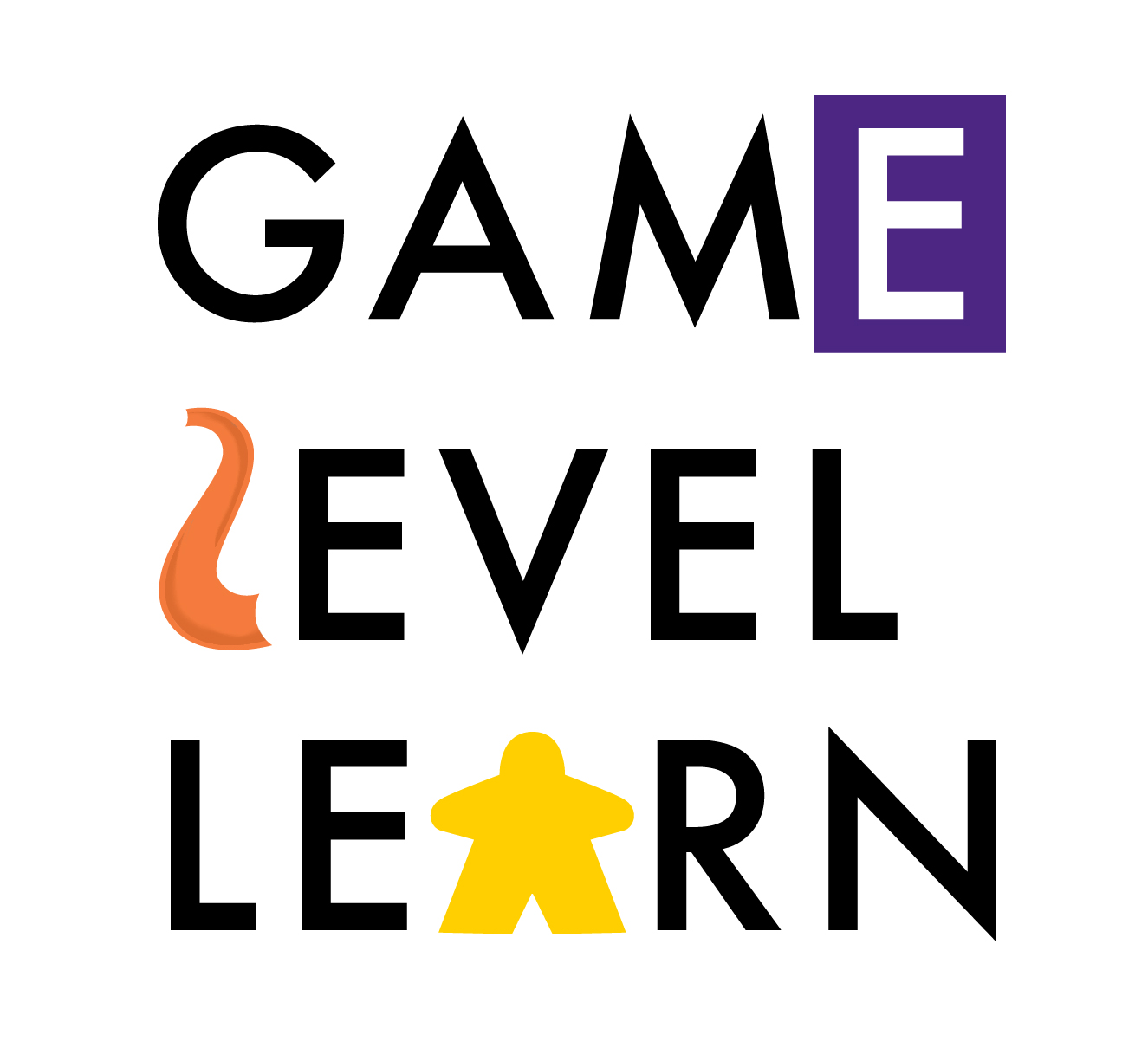Around the Classroom In 80 Games: ZENDO
/Looney Pyramids, the tool of critical thinking and scientific reasoning in Zendo.
"Around the Classroom in 80 Games" is an ongoing series about directly using games of all sorts in the classroom.
Zendo, designed by Kory Heath and published in 2001, is a game of thought, critical thinking and reasoning. In the game, a "Master" selects a card from a deck that describes an assortment of different states into which Looney Pyramids might be arranged. These cards could describe a huge number of patterns into which these game pieces could be arranged. The Master starts the game by constructing two such patterns. One conforms to the card's rule; the other doesn't [these rules are expressed as mystical koans..."the koan has the Buddha nature if and only if..."] The players then build patterns from the supply of pyramids attempting to discern the actual pattern or koan shown on the Master's card.
Looking at the photo above, one can note that there are red pyramids stacked on top of other pyramids (as well as one on its side in the background...I'm going to leave that out for this argument). how might this match the card? The card might say: "The koan has the Buddha nature if and only if it has two red pyramids stacked atop at least one other pyramid." Or it could say "The koan has the Buddha nature if and only if it has two stacks, one with a small blue pyramid and one with a medium green pyramid." And so forth. If a player uses his turn to guess the pattern, the Master either acknowledges that the answer is true (and the player wins), or must build a pattern from the pyramids that matches the card but not the player's guess.
Zendo is a masterpiece of design for a teacher who wants to use games in the classroom because of the purity of its rules. What's the game about? Reasoning and critical thinking. Any teacher with an interest in having students work on developing their critical thinking skills directly and purely could use this game successfully. Winning the game depends on the same kinds of skills that scientists use every day to study whatever concerns them. Consider past evidence...build a working hypothesis...test that hypothesis...lather, rinse, repeat.
Your Assignment: Set up your classroom in stations with one station being Zendo. Set a timer for 10 minutes. Have students play as many rounds of the game as they can in 10 minutes (it's very likely they won't even complete one round) and then reflect on their thought process while they were playing for 5 minutes. In the next classroom, use the Zendo method to demonstrate a principle that they can apply going forward in your discipline.


